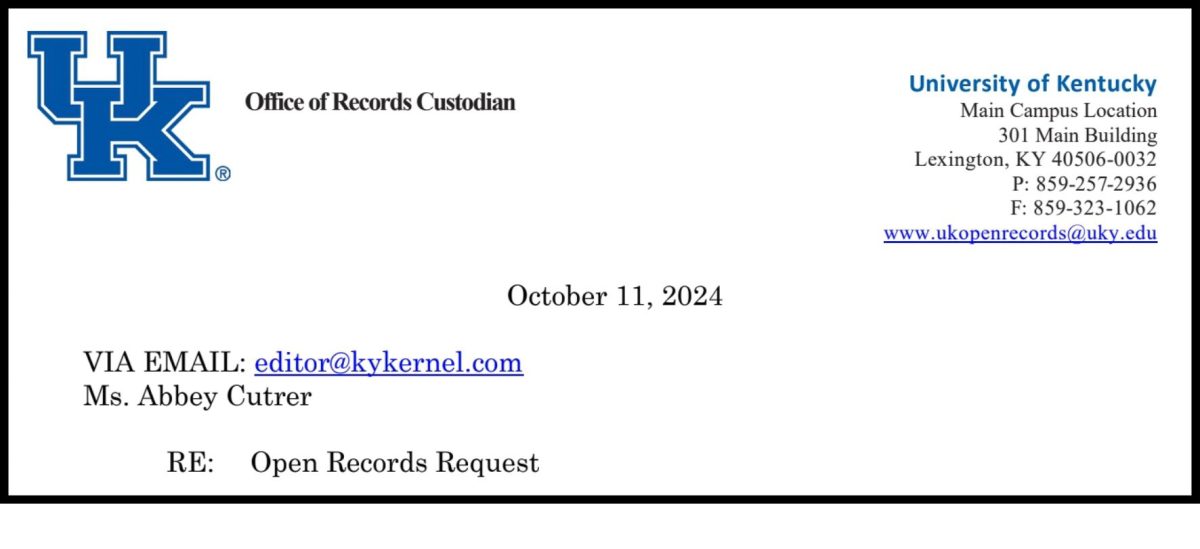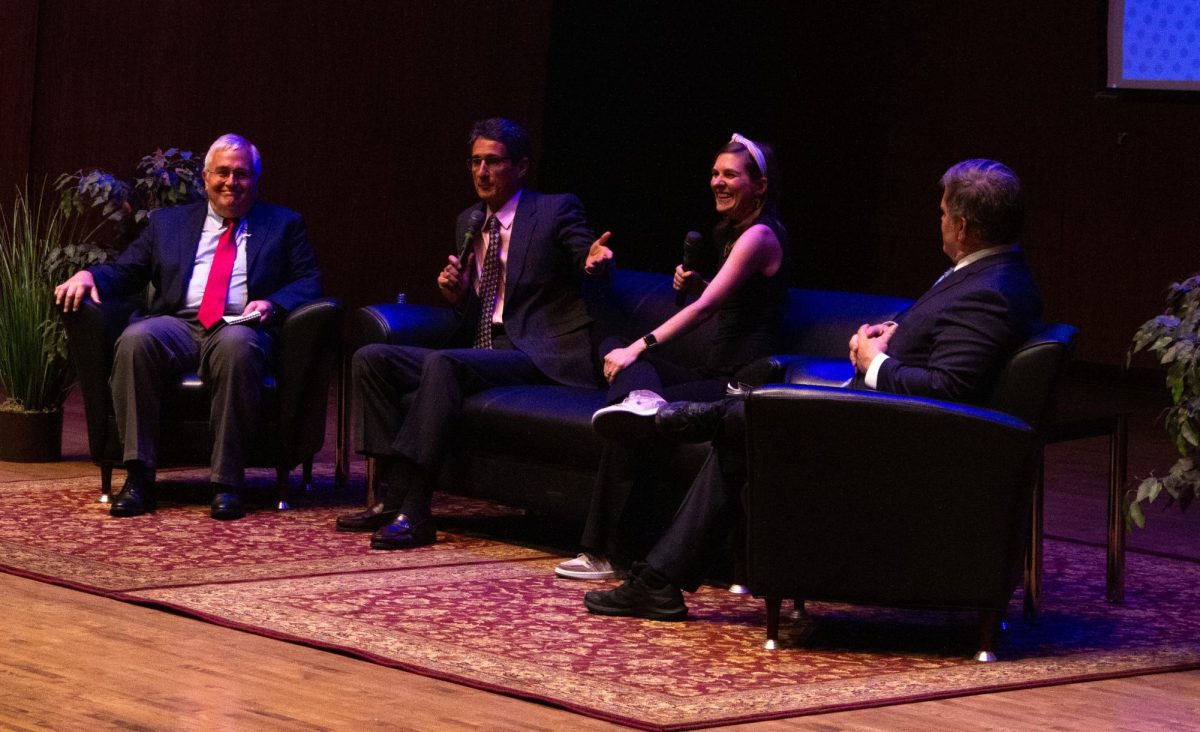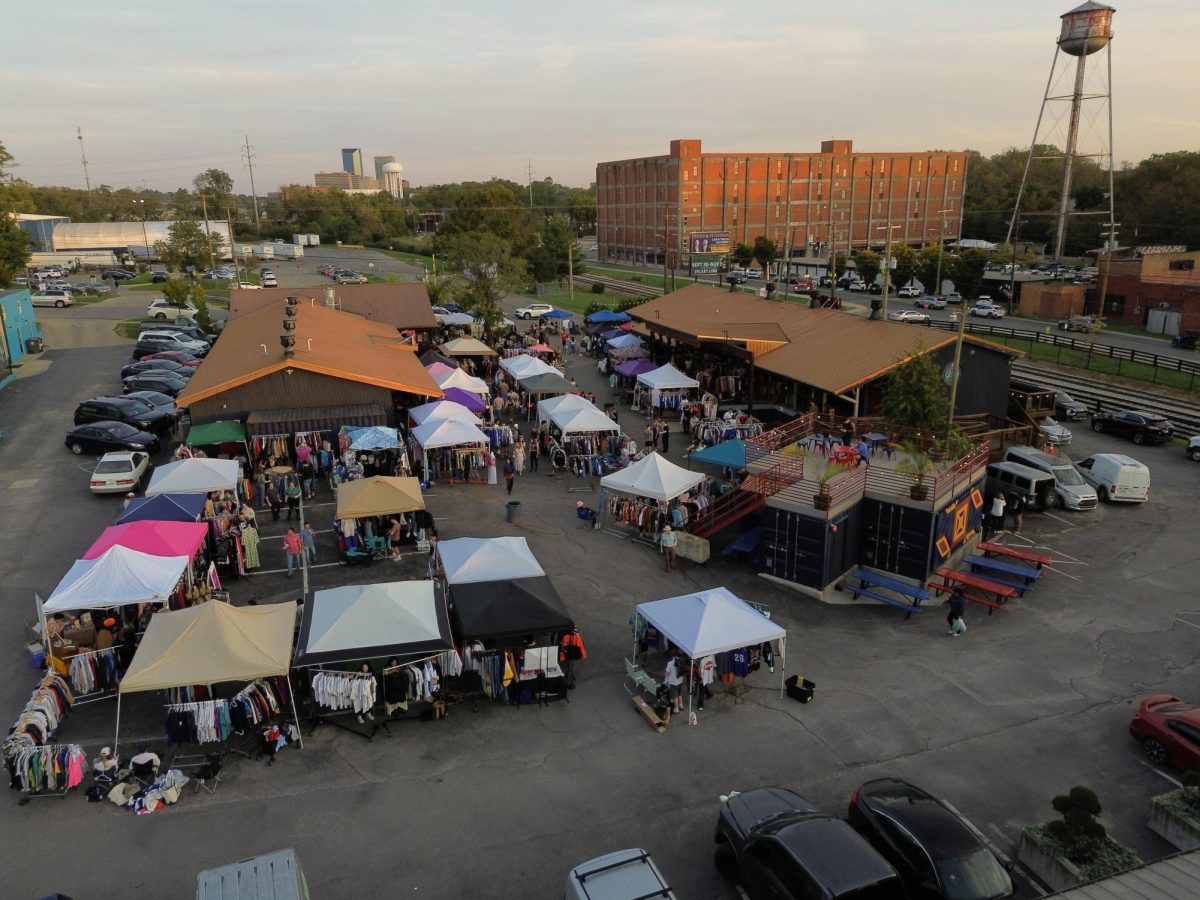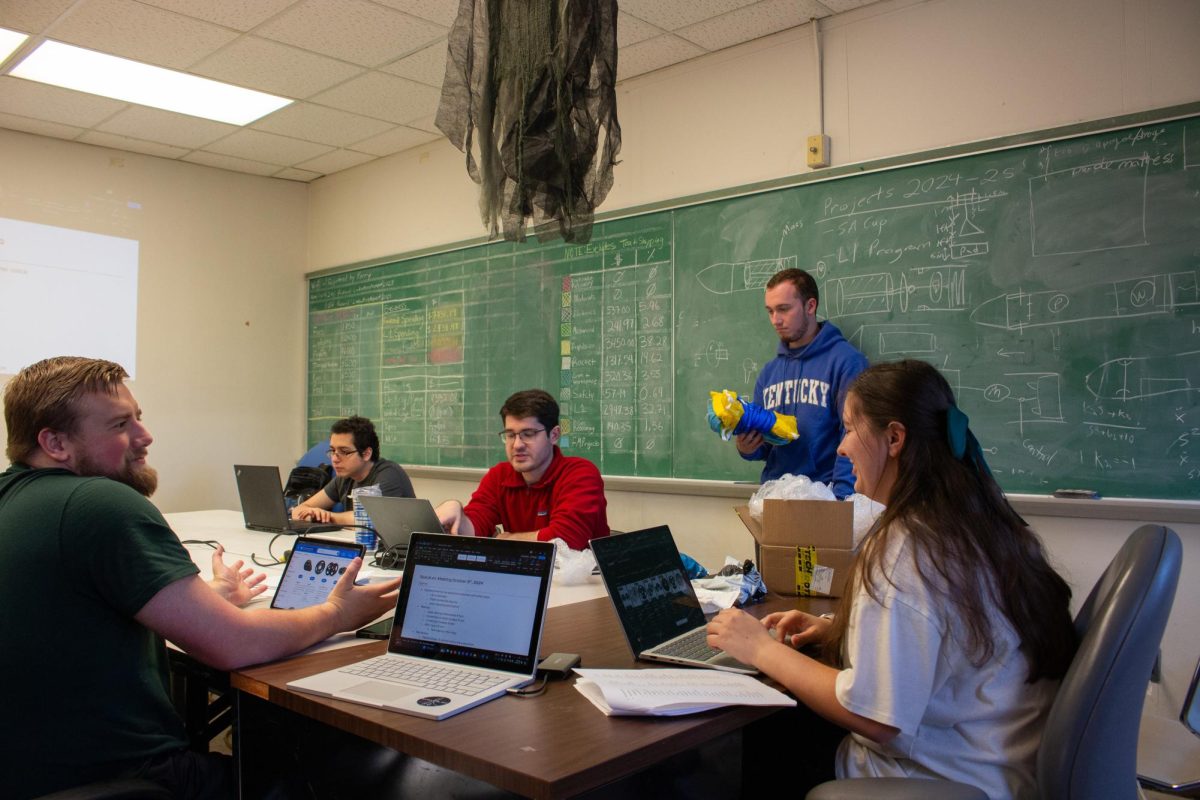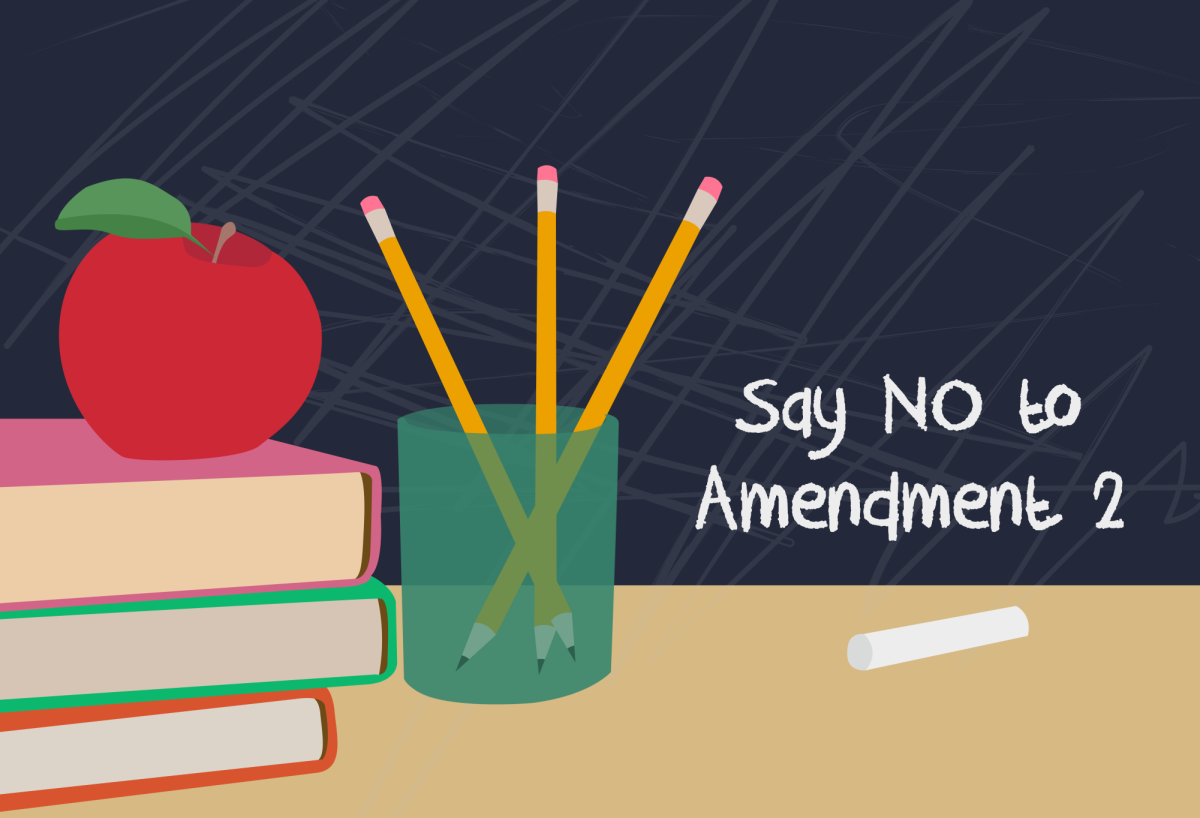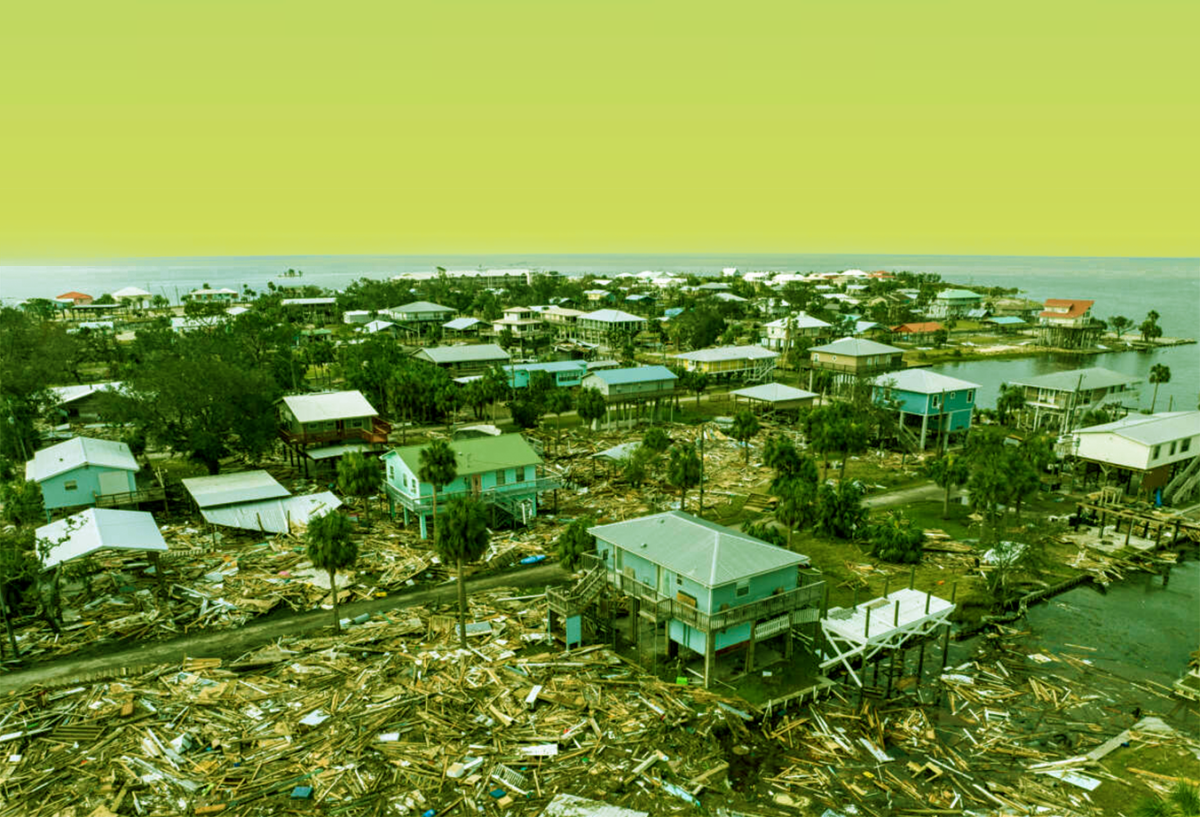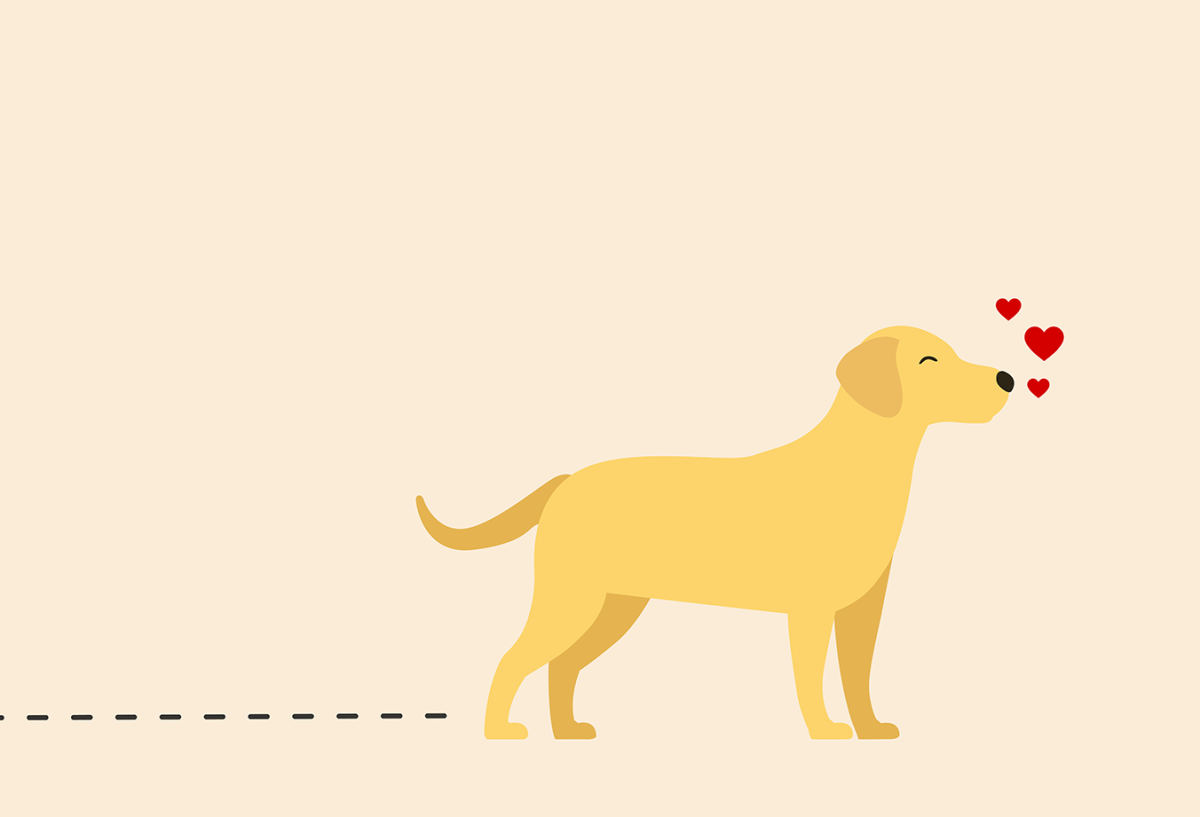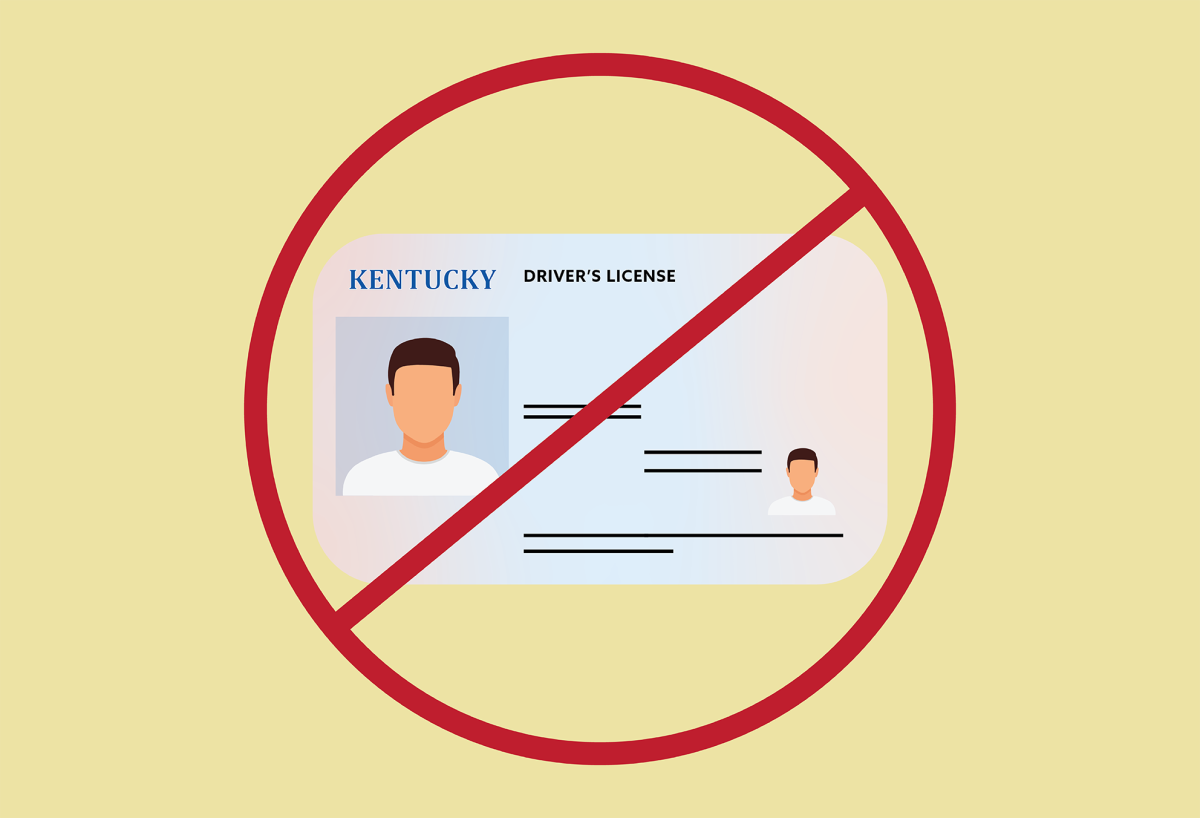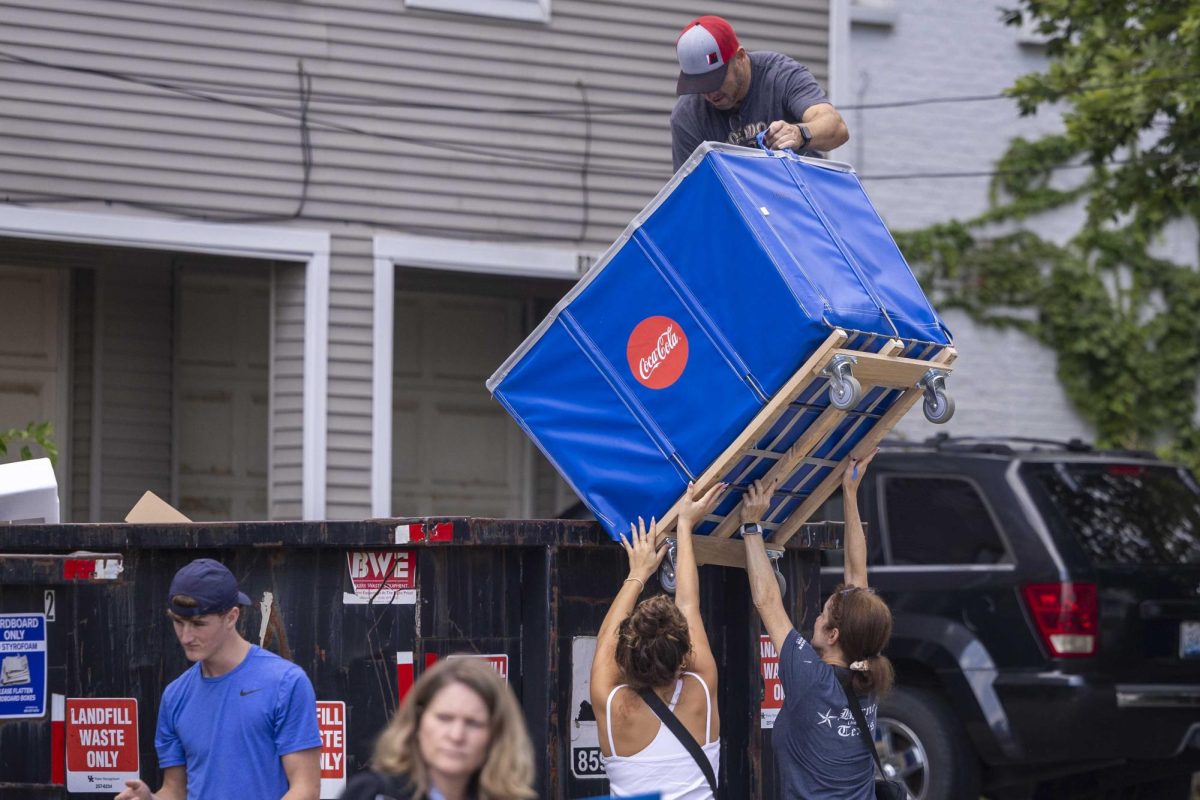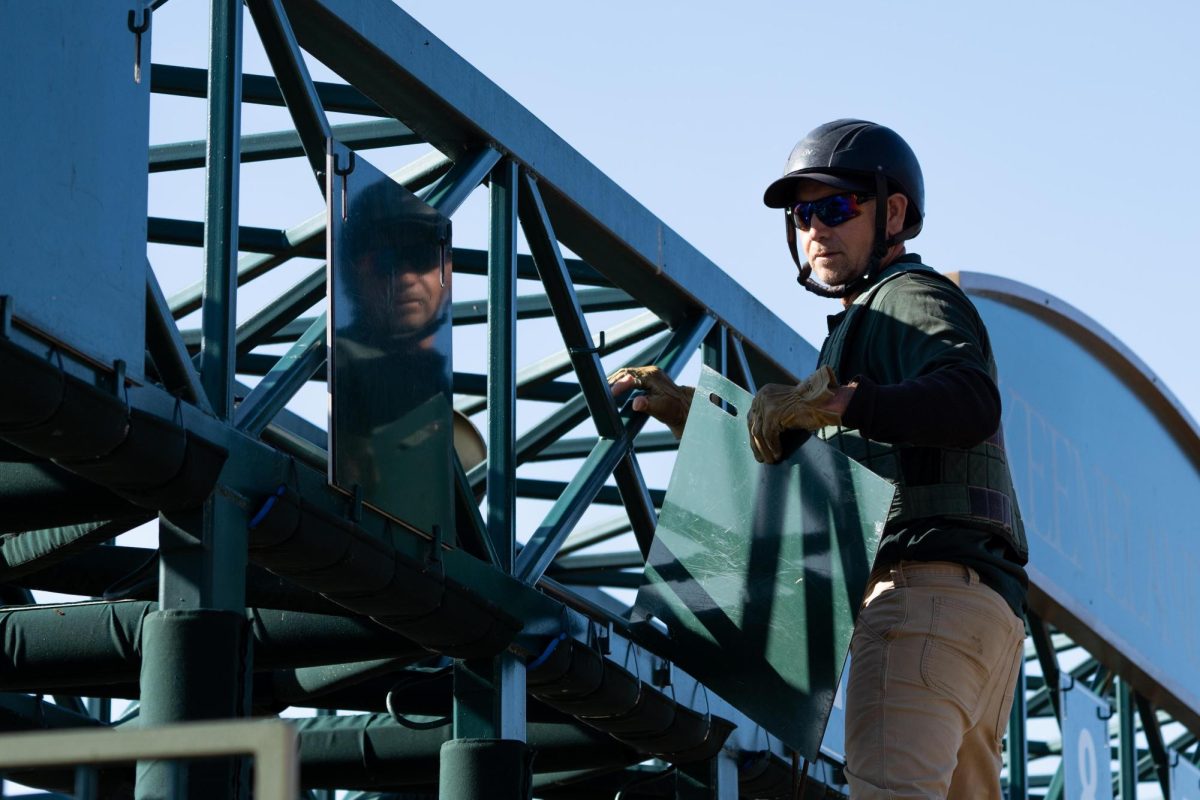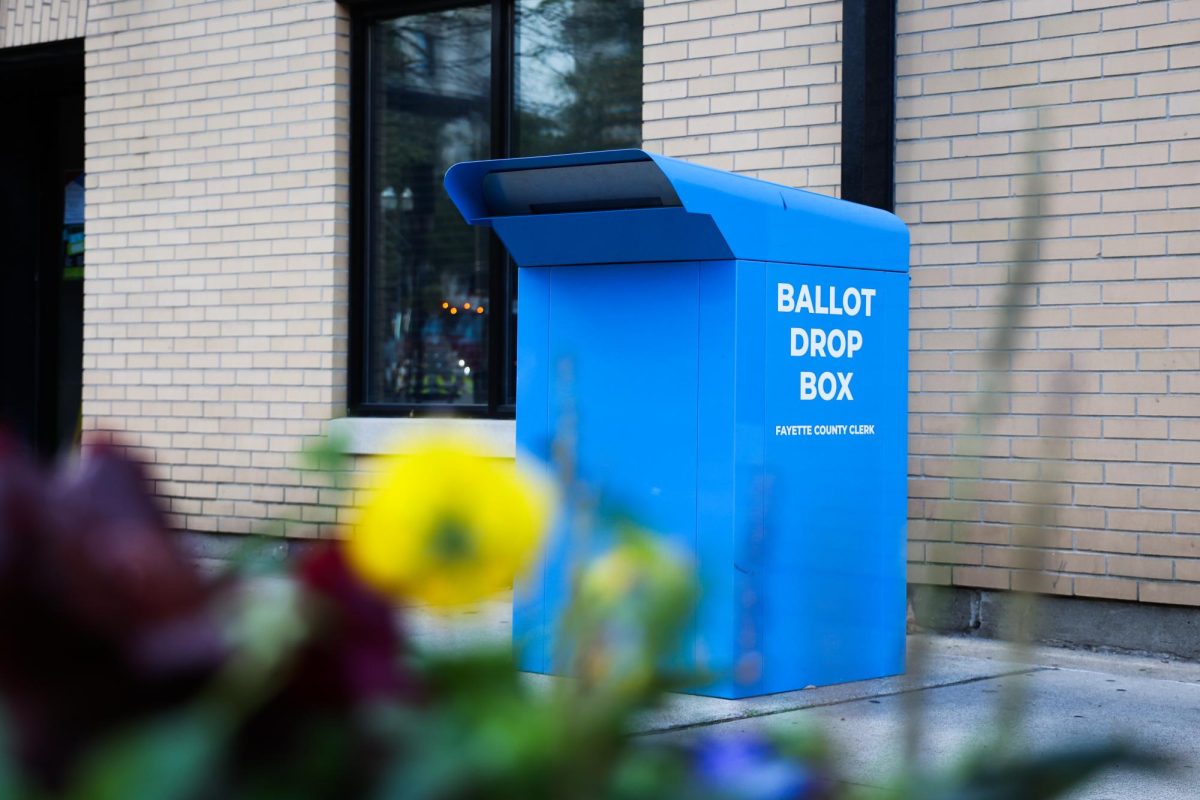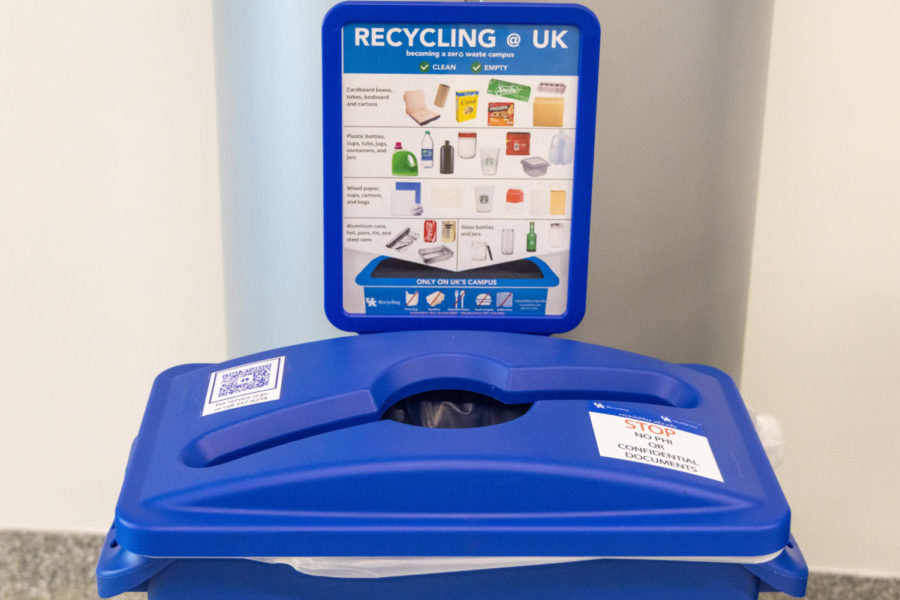A call to action: Dealing with consumption and waste
A recycling bin sits inside the Gatton Student Center on Monday, Feb. 13, 2023, at Kroger Field in Lexington, Kentucky. Photo by Travis Fannon | Staff
February 22, 2023
The beginning of the 20th century marked a time of remarkable changes. From widespread car manufacturing in the 1910s-20s to the creation of the internet in the 1980s, innovation was at its peak throughout the century. Many people’s lives improved for the better due to these growing technologies.
I always thought about the 1900s in such awe. Pondering what people did and looked like in the early 1900s and comparing that to a time like the 1990s seems nearly unfathomable to me.
Yet, these improvements were possible in such a relatively short amount of time.
I never considered myself to be “born in the wrong generation” or “nostalgic” for the past, but there are some key ways of life that I wish we still practiced — namely those in relation to waste.
Before the era of overconsumption and widespread manufacturing, things were made to last.
Cobblers specialized in fixing worn-out shoes and sewing was a common skill used to fix clothes with tears. Things like glass jars and jugs were reused to store goods, and people generally bought only what was necessary at a given time.
Though the advancement of time and technology has rendered many of these practices too time consuming or even unnecessary, I sometimes wonder if we would be in the same climate and pollution crisis we are in today if we were more sustainable in our own actions.
However, we are not solely to blame. Many, if not most, companies are guilty of what is now known as “planned obsolescence,” or the idea that consumer goods quickly become out-of-date or stop working altogether, which requires more consumption on behalf of the consumer.
Planned obsolescence has become commonplace in today’s economy, which can explain many phenomena.
For example, fast fashion and companies like Shein have become so widespread due to quickly changing fashion trends and popularized overconsumption broadcasted across media platforms.
Though this may only seem consequential to individual consumers, planned obsolescence and overconsumption work hand-in-hand to create scary environmental impacts for people across the world.
Despite many companies’ pledges to sustainable practices, many have been slow to follow up with such claims.
Apple, a company that has prided itself on being “environmentally conscious,” was estimated to have emitted close to 17 megatons of CO2 in 2022, with few efforts to cut down on this tremendous carbon footprint.
Not only are these companies emitting loads of carbon into the atmosphere, they are also quick to use cheap and disposable packing products like plastic, which exact a large toll on the environment and wildlife.
Plastic is a familiar product to people around the world, and its prevalence has shown its consequences on a monumental scale.
With an increasing population comes an increase of waste, leading to a crisis of waste mismanagement and a relative lack of space in which these pollutants can be placed.
As a result, landfills are overflowing, and plastic products have been able to seep into water sources and pollute marine environments, killing fish and birds and even making their way into human diets.
Though these facts are all terrifying and make the situation seem hopeless, it is important to examine our own personal role in this crisis.
Make smarter consumer choices — buy clothes that are timeless and can last, rather than quick fads that will only contribute to our mounting waste problems.
Shop locally and purposefully as opposed to “retail therapy” or shopping because of online influencing.
I know it’s unrealistic to go back to a reality where sewing and cobbling were commonplace, but with more intentionality and reflection on our own resource consumption, we can change the ways in which we live our lives and the ways in which companies conduct business to create a cleaner, more sustainable planet.




